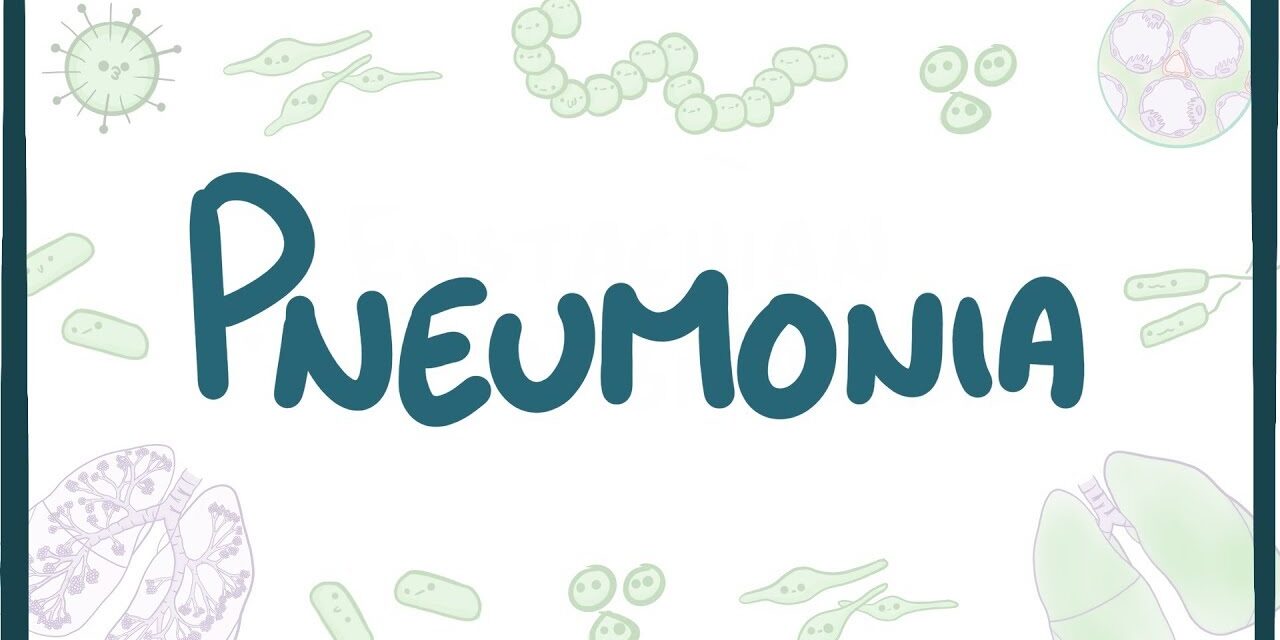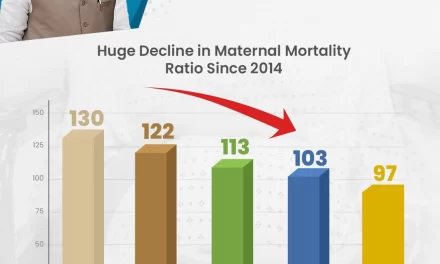WHO has developed and supported the use of case management of pneumonia through the ARI Programme and later as a part of Integrated Management of Childhood Illness (IMCI). The main focus for these initiatives has been the health facility, although much of the demonstration of the efficacy of the clinical interventions was carried out at community level, using community health workers.
The importance of providing care without delay for children with malaria has led to the development and introduction, so far on a small scale, of interventions based in the community, either through a community health worker or directly by families, who are provided with packs of antimalarials.
These two diseases in childhood, pneumonia and malaria, have major overlaps in terms of clinical presentation, the requirements for their effective management and the feasibility of providing standardized care in the community. Technically sound and operationally manageable community interventions that tackled both conditions would offer a most valuable tool for use in the reduction in child mortality in developing countries.
This report recommends future steps for addressing policy and management issues, as well as outstanding operations and clinical research questions related to community management of pneumonia.











